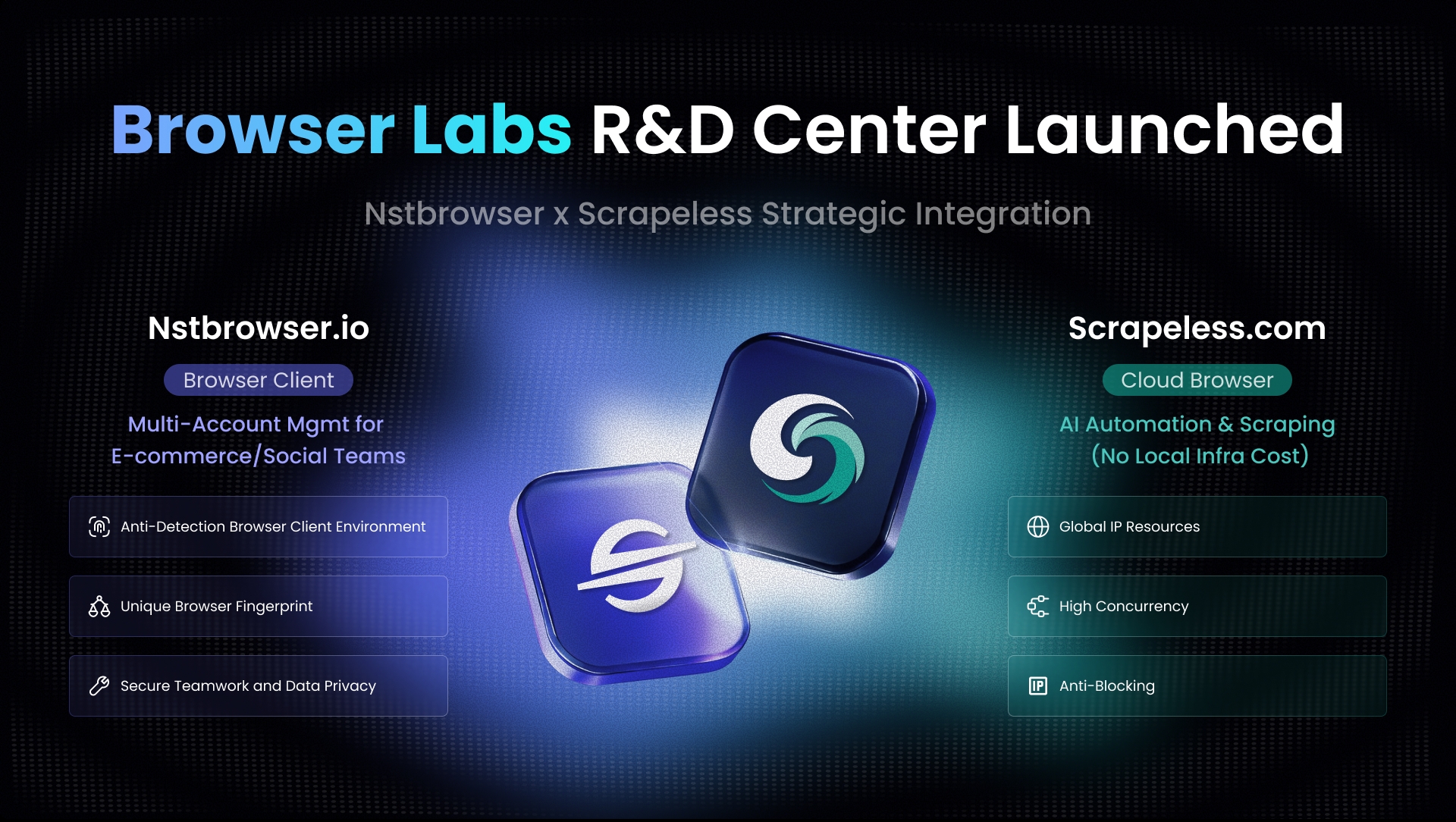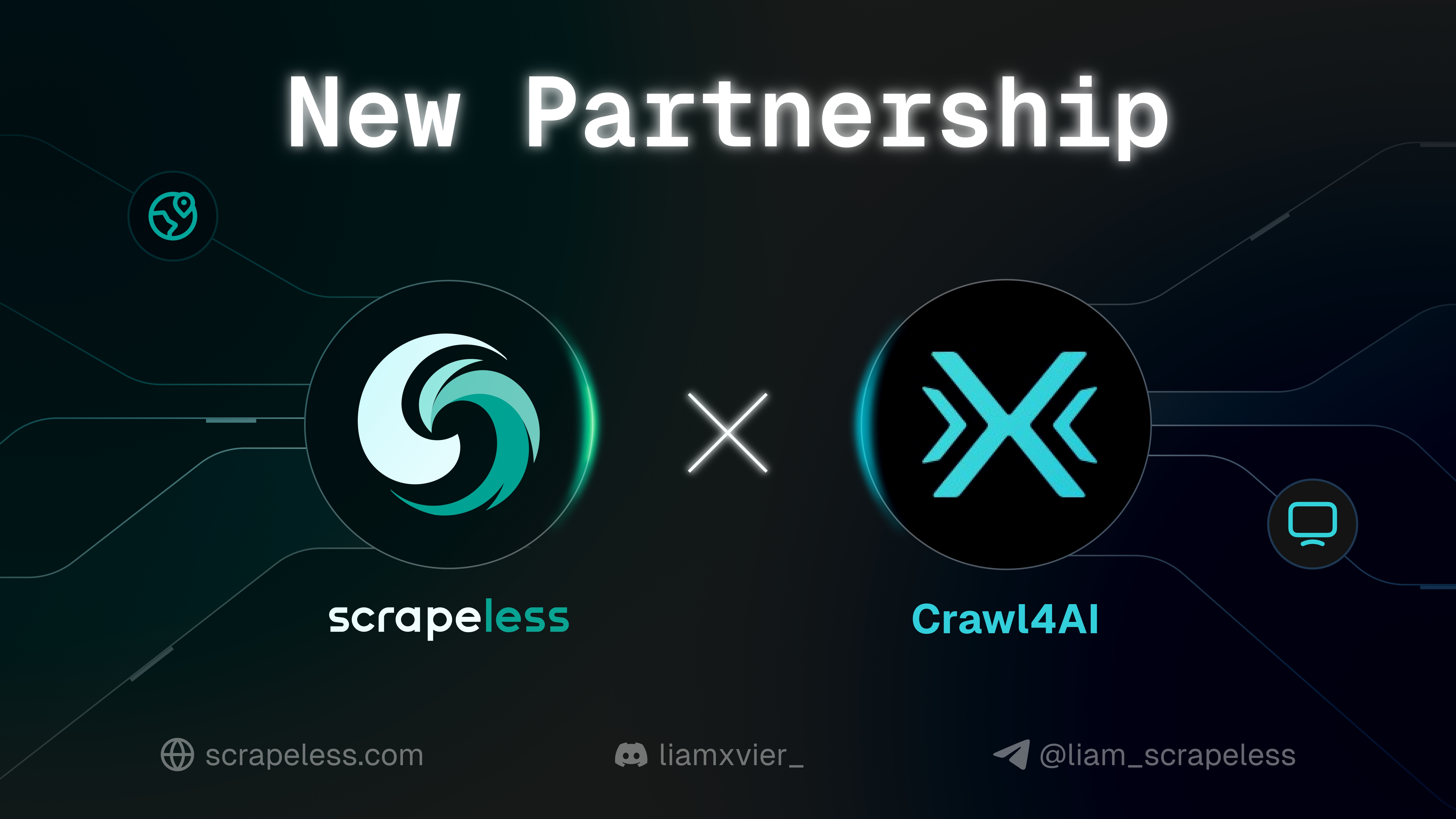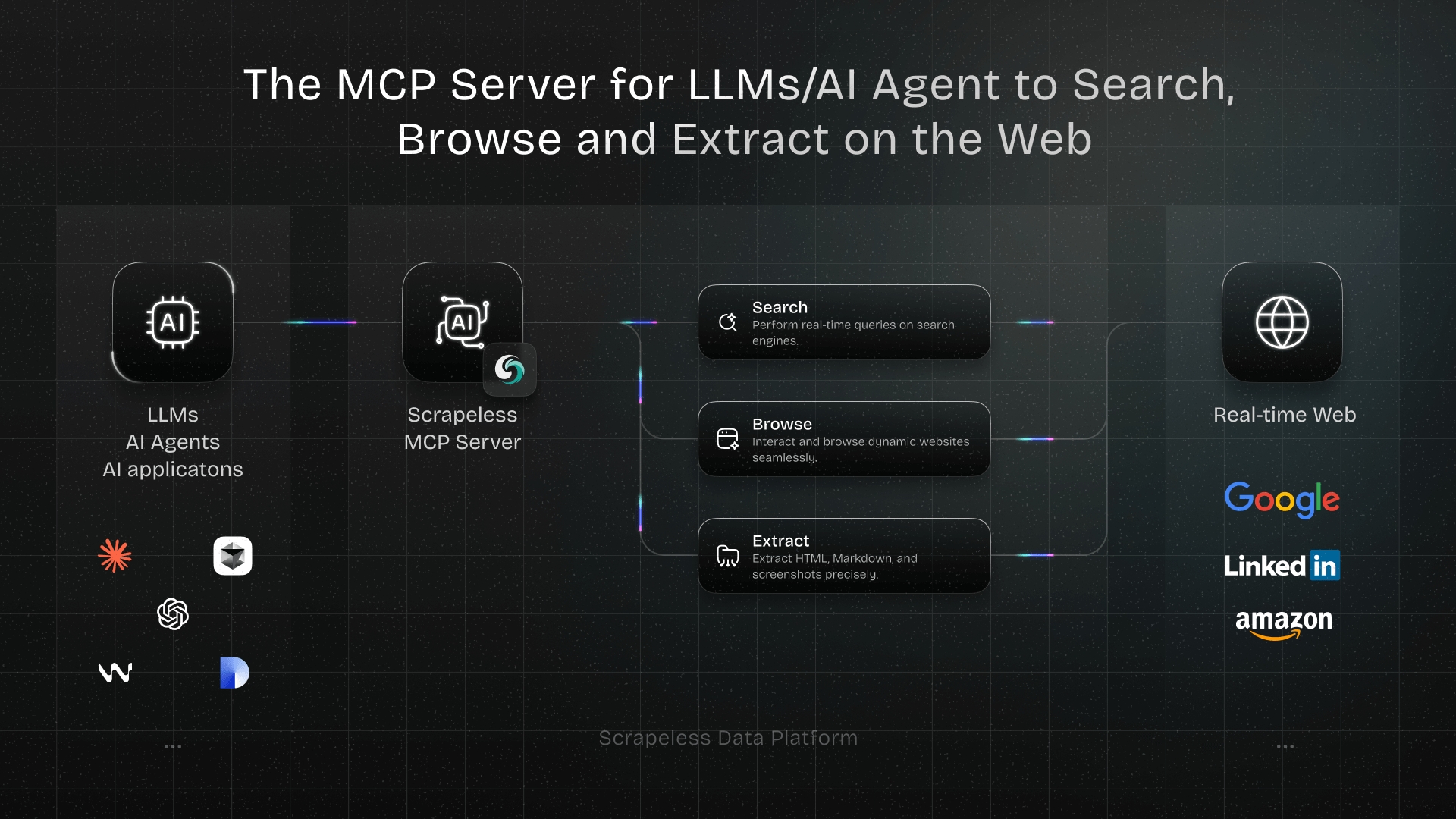Top Exa Alternatives for AI Web Search in 2025
Advanced Data Extraction Specialist
In the rapidly evolving landscape of artificial intelligence, search is no longer just about finding web pages. It's about providing AI agents and large language models (LLMs) with accurate, real-time, and structured data. Exa.ai has been a notable player in this space, but the demand for more specialized, scalable, and versatile solutions is growing. This guide explores the top 10 Exa alternatives in 2025, offering developers and businesses powerful tools to build next-generation AI applications. We will dive deep into their features, provide practical code examples, and compare them to help you choose the right API for your needs.
Key Takeaways
- API-First is Key: The best Exa alternatives are API-first platforms designed for integration with LLMs and AI agents, not just conversational search engines for end-users.
- Beyond Simple Search: Modern AI search APIs offer capabilities like web crawling, data structuring, and content transformation, turning the web into a queryable database.
- Specialization Matters: Tools like Tavily are optimized for RAG, while Scrapeless provides end-to-end scraping and structured output.
- Code Integration is Crucial: This article provides hands-on Python code snippets for integrating these alternatives into your projects.
- Data Structuring is a Game-Changer: The ability to return structured JSON or Markdown instead of raw HTML is a significant advantage for AI applications.
Why Look for Exa Alternatives?
Exa.ai pioneered the concept of a search engine built for neural networks, allowing queries using natural language to find relevant content. However, developers often seek alternatives for several reasons:
- Scalability and Cost: High-volume data extraction can become expensive.
- Feature Set: A need for more advanced features like full-site crawling, real-time SERP data, or integrated proxy management.
- Integration Complexity: Desire for simpler APIs or better compatibility with frameworks like LangChain or LlamaIndex.
- Reliability and Uptime: Ensuring consistent performance for production applications.
Here are the 10 best Exa alternatives that address these needs and provide unique value.
1. Scrapeless Deep SerpApi
Scrapeless offers one of the most comprehensive toolkits for AI-ready data. Its Deep SerpApi not only fetches structured SERP data but also visits result pages to extract and summarize content. With integrated proxy management and CAPTCHA solving, Scrapeless is designed to handle the toughest anti-bot environments seamlessly.
Key Features:
- Extracts structured search results in real-time.
- Optionally crawls and summarizes linked pages.
- Handles proxies, fingerprints, and CAPTCHAs automatically.
- Returns clean JSON and Markdown, perfect for LLM ingestion.
Use Case: AI Knowledge Agent
Developers building knowledge agents can use Scrapeless to search, crawl, and summarize complex sites with one API call, giving LLMs structured and reliable input.
Python Example:
python
import requests
url = "https://api.scrapeless.com/deep-serpapi"
headers = {"Authorization": "Bearer YOUR_API_KEY"}
payload = {
"query": "Exa alternatives for AI web search",
"engine": "google",
"summarize": True
}
response = requests.post(url, json=payload, headers=headers)
print(response.json())2. Tavily AI
Tavily AI is specifically designed to be the search engine for LLMs and Retrieval-Augmented Generation (RAG) applications. Its core strength is providing concise, relevant, and fact-checked information to reduce hallucinations.
Key Features:
- Optimized for RAG and AI agents.
- Provides concise, summarized answers with sources.
- Integrates seamlessly with LangChain and LlamaIndex.
- Offers a generous free tier for development.
3. Firecrawl
Firecrawl is an open-source tool that turns websites into LLM-ready Markdown. It combines crawling and data extraction, making it an excellent choice for developers who need to ingest entire websites for their AI models.
Key Features:
- Open-source and flexible.
- Crawls full sites with a single API call.
- Cleans up messy HTML into Markdown.
- Includes a Search API to discover relevant URLs.
4. Perplexity API (pplx-api)
Perplexity’s API (pplx-api) provides direct access to its online LLMs. This is ideal for apps that need conversational, up-to-date answers with citations.
Key Features:
- Web-enabled LLM responses.
- Provides answers with sources.
- Supports streaming for real-time experiences.
- OpenAI-compatible API.
5. Google Search API
The official Google Custom Search JSON API remains a solid foundation for developers who need reliable and structured web data.
Key Features:
- Direct access to Google’s results.
- JSON output format.
- Customizable for site-specific search.
- High scalability and uptime.
6. You.com API
You.com’s API powers its conversational search engine, designed to deliver synthesized, multi-source answers.
Key Features:
- Multi-faceted results including code, text, and web data.
- Supports different modes (research, creative).
- AI-native and LLM-friendly.
7. Serper API
Serper is a lightweight and affordable alternative to the Google API. It’s designed for developers who need speed and simplicity.
Key Features:
- Extremely fast responses.
- Affordable for startups.
- Clean JSON output.
- Easy integration with AI frameworks.
8. Jina AI
Jina AI provides a platform for building custom neural search systems. It’s powerful for domain-specific or private data.
Key Features:
- Supports multimodal data (text, images).
- Open-source with managed cloud.
- Fully customizable pipelines.
9. Komo AI
Komo AI is a community-driven search engine that emphasizes in-depth research and conversational features.
Key Features:
- Multiple modes for different search intents.
- Clean contextual answers.
- API for developer integration.
10. Phind API
Phind is an AI-powered search engine tailored for developers and technical research. Its API provides quick access to accurate coding answers and in-depth explanations.
Key Features:
- Focused on technical and developer queries.
- Provides concise, relevant coding answers.
- Integrates easily with AI coding assistants.
- Delivers reliable, source-backed responses.
Comparison Summary
| Feature | Scrapeless Deep SerpApi | Tavily AI | Firecrawl | Perplexity API | Google API |
|---|---|---|---|---|---|
| Primary Use Case | Search + Summarize | RAG & AI Agents | Website Ingestion | Conversational AI | Structured Search |
| Output Format | JSON / Markdown | Summarized Text | Markdown | Natural Language | JSON |
| Crawling Ability | Yes | No | Yes (Core) | No | Limited |
| Ease of Use | High | Very High | High | Very High | High |
| Pricing Model | Query-Based | Usage-Based | Usage-Based | Token-Based | Usage-Based |
| Open Source | No | No | Yes (Core) | No | No |
Conclusion
The best Exa alternatives in 2025 combine structured data output, anti-bot handling, and AI-ready integrations. Scrapeless stands out for its end-to-end solution—search, crawl, summarize, and deliver clean data for your AI agents.
👉 Ready to supercharge your AI with better data? Try Scrapeless today
At Scrapeless, we only access publicly available data while strictly complying with applicable laws, regulations, and website privacy policies. The content in this blog is for demonstration purposes only and does not involve any illegal or infringing activities. We make no guarantees and disclaim all liability for the use of information from this blog or third-party links. Before engaging in any scraping activities, consult your legal advisor and review the target website's terms of service or obtain the necessary permissions.



